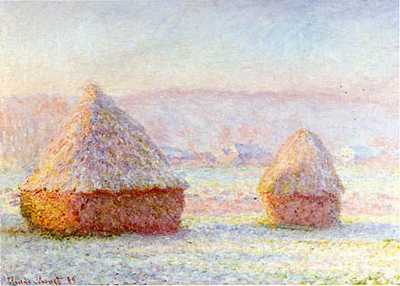
“I am ruminating,†said Mr. Pickwick, “on the strange mutability of human affairs.â€
– Charles Dickens
Death is secondary to the reality of absence engrained in me as a child, I’ve come to believe. To the child seeing out (yes, seeing, not looking), when you are gone (or not visible) you do not exist. Simple as that. After a certain age (at what age I can’t say, although if I’d tuned to this notion earlier, observing our first grandchild the past several months, I could have established it almost to the day) the child loves peek-a-boo only because absence and return are as quick and as certain as the game is over before the sharp intake of breath registers as deep fear or dread.
And what is absence but recognition of the Other in a different key? Other begins as differentiation from self – mother, family and friends, as the child’s remembered world expands. Eventually, Other is everything other than this: this moment, this place, this Other we call our own body (although, okay, mind/body is convention too). We stand outside all nature as Other, which becomes God, or, outside God (the concept of creator), the endless cosmos/universe, logical or chaotic or chaotically-logical, depending.
To think that reading a book titled The Other, conjoined with the turn to my 62d year, would release distillations running in all directions: personal, political, existential. (As I write this Time magazine’s headline is “The Decline and Fall of Christian America,†while that of Newsweek reads “Vanishing Act: How Climate Change is Causing a New Age of Extinction.†Our own little corner of this moment in infinity divided between judgmental gods and selection of a different sort.)
To sense that the space between the “this now and that then†of thought, is where love takes root, and where we find the related extensions of tolerance, acceptance, or ties to family, community, family of man. We love because the Other leaves; we are bound to others already in memory because they will have left. Permutations of this theme abound in Gabriel Josipovici’s intriguing novel Goldberg: Variations. In it an 18th century scholar parses John Donne’s poem “A Nocturnal Upon S. Lucy’s Day,†which is about love as the opposite of un-being and extinction. Love of Lucy called the poet into being and her death leaves him “re-begot / Of absence, darkness, death; things which are not.†In another passage in the novel the scholar describes marriage as a dance – not two become one, but two in accord, “well-being in reciprocity,†recognition of space between one and the other, “the mutual respect of the one for the other, and into the physical pleasure of each in its own being, which is that of the other.†Love is thus absence in place.
The scholar’s wife addresses him in her diary while he is distant on business: absent. “I have grown used to your presence in the house and it is hard to be alone.†Or, again: “I do not really grieve at your absence. I merely miss your presence.†And then she makes a remarkable observation about her private writing in the diary:
I had never thought of any of this till I sat down half and hour ago filled with the need to write about you. That is what writing is like. The sheet of paper before one and the pen in one’s hand seem to allow those things to emerge which one knew but didn’t know one knew. It may not be very interesting or very profound, but it brings relief. Like hugging you. But why is it not sufficient to sit in my chair and imagine myself hugging you? After all, when I write here in my notebook you are no more present than if I closed my eyes and thought of you. Indeed, less so perhaps, since if I close my eyes I can see you, whereas when I write I certainly do not. But then when I hug you I do not see you, I feel you. And that is what seems to happen with writing. But why should that be so? To feel you, you have to be present and close to me, and now you are neither. Yet I am sure this is the truth, that when I close my eyes I see you but when I write I feel you.â€
“How can one touch that which is absent?†Her answer is writing; that is, the thing written: the book, is other than the Other, the Other in yet another key! But is it not also a bridge to the Other; a thread of something that in fact binds us to the Other?
Writing and reading, the book and the Other. And writing and reading is why we are here, at this moment, in this place, in the first place, isn’t it?
Continue reading Scattered thoughts reading turning 61